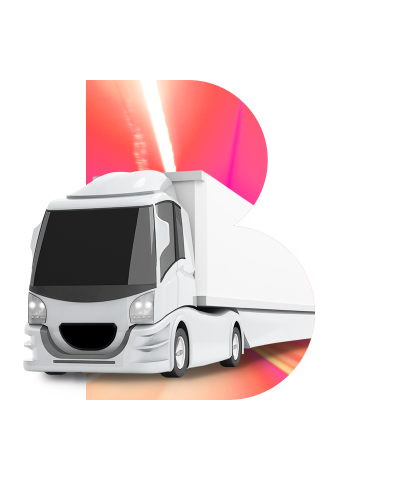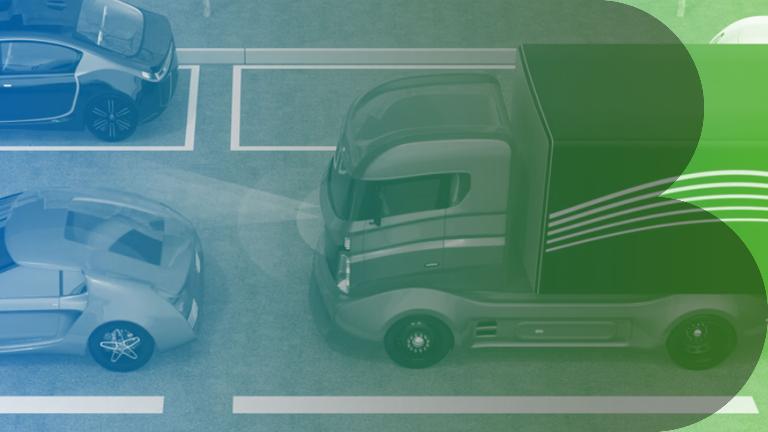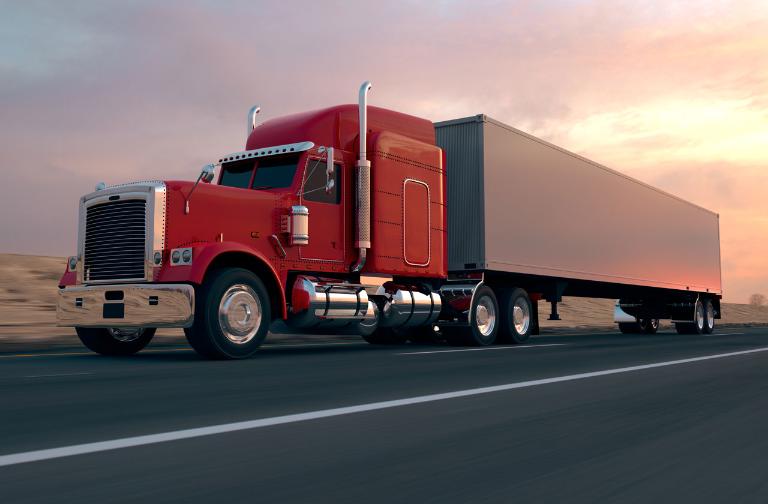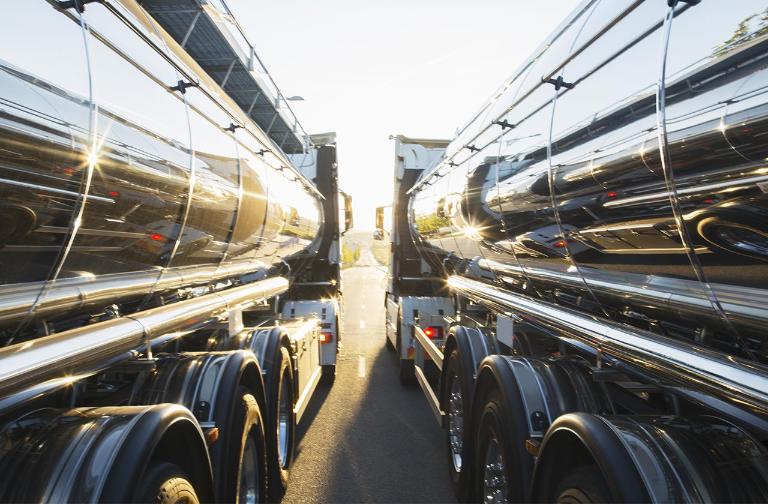Automotive Insights magazine: an in-depth journey through the delivery industry.


A new future Driving the change: a new future is possible for commercial vehicles vehicles, it is all about managing the last mile.
Creating the trucks of tomorrow
Let's take a moment to imagine a time 15 years from now. Truck fleets are operating under fully automated systems. Traffic accidents are long since an occurrence of the past. Vehicles communicate with one another and are equipped with sensors and computers. Autopilot has taken over the role of the driver and vehicles safely negotiate their routes independently of driver involvement.
Stepping back into the present day, a lot of the technologies which will drive the automobiles of the future have already been developed. This is our assesment of current trends impacting on the automotive industry, our expert scenarios and a prognosis for the development and roll out of new technologies into the future.
What to expect in detail:
- Serving the last mile: how to leave a mark on the urban delivery business ?
- Video: Commercial vehicles going smart
- Interview with Ford Europe CEO Jim Farley: The golden age of the delivery van
- Automated trucks: Heading into a driverless future
- Study: European truck aftersales 2030
Setting the (delivery) pace
The delivery van as we know it must be reimagined. Congested city centres and millennials' expectations for same day delivery are demanding innovative solutions. The future of vans will see the humble urban warrior become highly tailored to specific tasks. In the city landscape, this means vehicles with a limited top speed, electrified powertrains and a smaller footprint.
Automation will change the face of the van of the future. Driver input will be reduced to monitoring tasks and manual override where required. Our understanding of quality will also shift. Whereas today it is connected to appearance and technological features, in the future it will be about endurance and reliability. Advanced technologies including 'predictive maintenance' and 'remote diagnostics' will allow operators to anticipate problems before they ever even arise.















